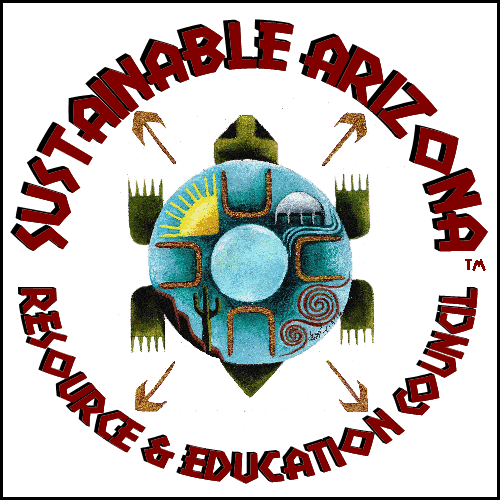 by Paul Krugman, New York Times
by Paul Krugman, New York TimesWealth can be bad for your soul. That’s not just a hoary piece of folk wisdom; it’s a conclusion from serious social science, confirmed by statistical analysis and experiment. The affluent are, on average, less likely to exhibit empathy, less likely to respect norms and even laws, more likely to cheat, than those occupying lower rungs on the economic ladder.
And it’s obvious, even if we don’t have statistical confirmation, that extreme wealth can do extreme spiritual damage. Take someone whose personality might have been merely disagreeable under normal circumstances, and give him the kind of wealth that lets him surround himself with sycophants and usually get whatever he wants. It’s not hard to see how he could become almost pathologically self-regarding and unconcerned with others.
So what happens to a nation that gives ever-growing political power to the superrich?
Modern America is a society in which a growing share of income and wealth is concentrated in the hands of a small number of people, and these people have huge political influence — in the early stages of the 2016 presidential campaign, around half the contributions came from fewer than 200 wealthy families. The usual concern about this march toward oligarchy is that the interests and policy preferences of the very rich are quite different from those of the population at large, and that is surely the biggest problem.
But it’s also true that those empowered by money-driven politics include a disproportionate number of spoiled egomaniacs. Which brings me to the current election cycle. Read more…

